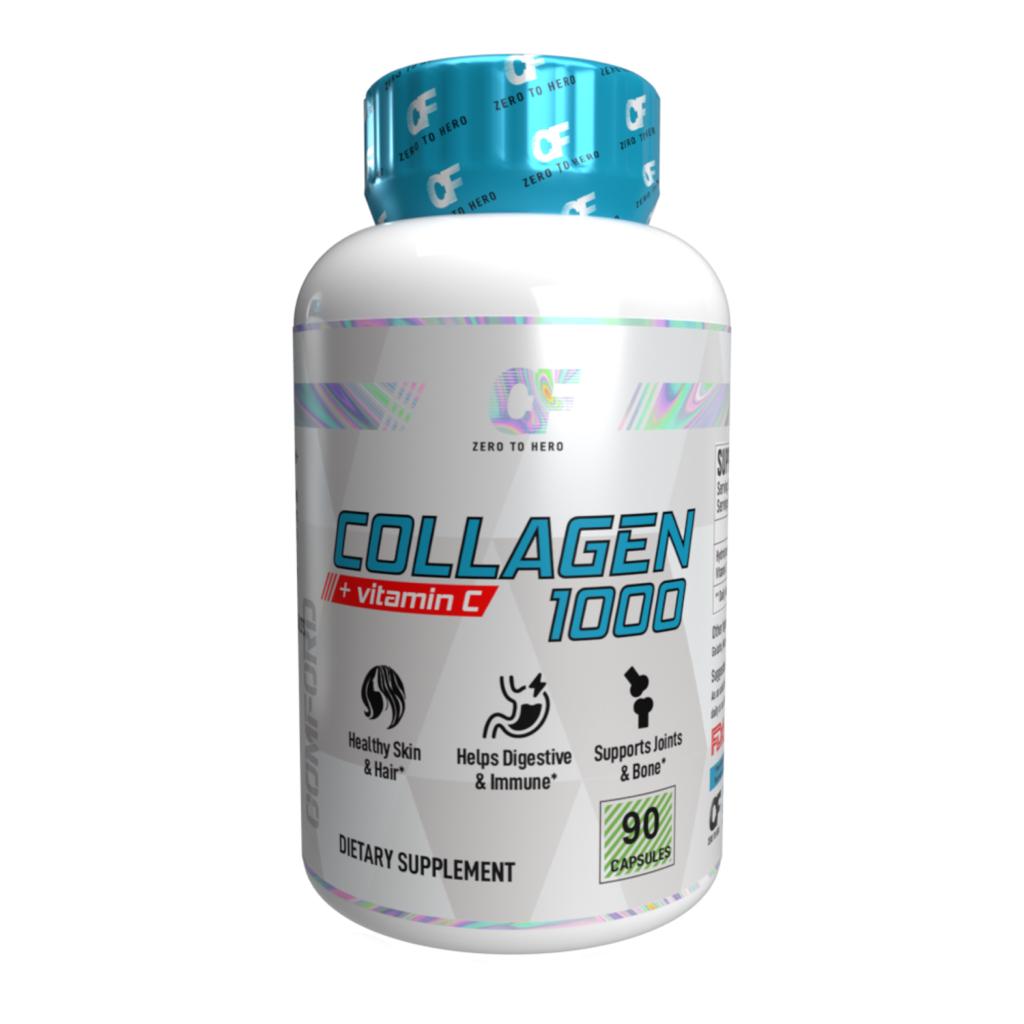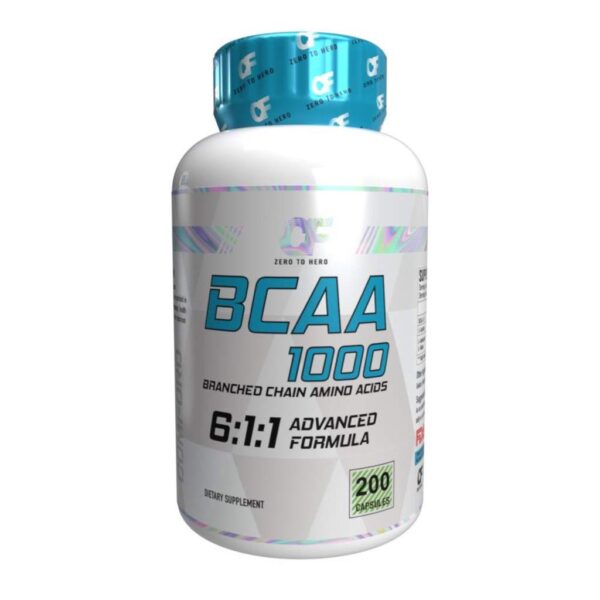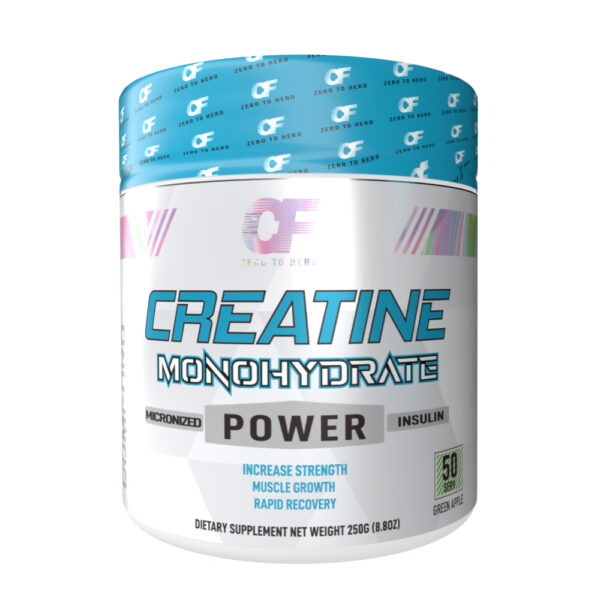What Are the Proven Benefits of Collagen?
Our bodies produce collagen naturally from protein and nutrients in the foods we eat. There are several types of collagen and each type has its own job. For example, type I collagen is most famous for keeping skin supple and type II collagen helps to cushion joints.
Overall, the research on taking collagen supplements is lacking, and many of the published studies come from manufacturers of collagen products.
But a handful of studies have shown collagen may benefit the skin, joints, bones and muscles.
It’s important to note the U.S. Food and Drug Administration doesn’t regulate collagen supplements as rigorously as pharmaceuticals. Manufacturers aren’t required to do clinical trials before selling supplements.
Improves Skin Health
Collagen makes up a large part of the skin. As our bodies age, skin loses its elasticity and strength because collagen production decreases.
Some evidence suggests oral collagen supplements may reduce the effects of aging on skin.
In one study published in Nutrients, women ages 40 to 60 took 1000 milligrams of an oral collagen peptide or placebo once daily for 12 weeks. Results showed significantly improved skin hydration as early as after 6 weeks of intake in the collagen group. After 12 weeks, wrinkling and elasticity also improved.
In another study published in Skin Pharmacology and Physiology, women aged 35 to 55 who took 2.5 to 5 grams of collagen in a supplement for 8 weeks had a significant increase in skin elasticity and less skin dryness.
Provides Joint Pain Relief
Collagen found in cartilage between joints provides a natural cushion between bones. When collagen deteriorates with age, stiffness and pain from osteoarthritis can set in.
Data from a few studies suggests taking collagen supplements may help with symptoms of joint pain.
In one study published in Applied Physiology, Nutrition, and Metabolism, athletes who suffered from knee pain took 5 grams of collagen peptides or placebo a day for 12 weeks. Activity-related knee pain improved in the collagen group, but resting knee pain did not.
In another study in Journal of Agricultural and Food Chemistry, adults with osteoarthritis pain took 2 grams of hydrolyzed collagen daily for 70 days. The collagen group experienced improvement in physical activities on days 35 and 70.
Prevents Bone Loss
Collagen in bones helps keep them strong. Bone mass decreases as collagen decreases with age. This makes bones more vulnerable to fracture.
According to some studies, supplements containing collagen may help prevent the breakdown of bone.
One study in Nutrients found women with age-related decline in bone mineral density (BMD) who took 5 grams of collagen daily for 12 months increased their BMD. Low BMD is a potential sign of weak bones.
Collagen supplementation was also associated with reduced bone degradation and increased bone formation.
Increases Muscle Mass
Up to 10 percent of muscle is made of collagen. A few studies suggest collagen supplements along with exercise may increase body and muscle mass.
In a study published in Nutrients, young men who took 15 grams of collagen peptides every day within 60 minutes of a training session for 12 weeks resulted in a more pronounced increase in body mass, versus those who did not take the collagen.
Similarly, in another study in the British Journal of Nutrition, frail, elderly men took 15 grams of collagen with strength training daily for 12 weeks. The men who took the collagen gained muscle strength and muscle mass, while losing fat.











Reviews
There are no reviews yet.